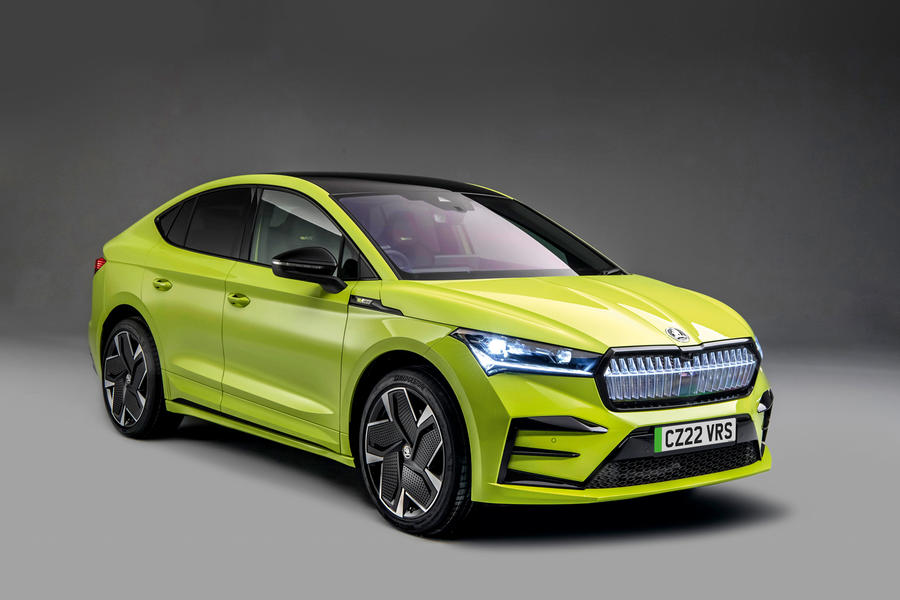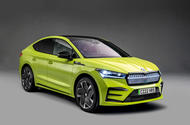Skoda’s Enyaq EV is built alongside the combustion-powered Octavia
Czech firm says it is well-placed to become an electrification hub for the wider VW Group
Skoda’s main production facility in Mladá Boleslav is likely to build cars for other Volkswagen Group brands in the coming years as the company ramps up its electrification programme.
Mladá Boleslav currently produces the Skoda Enyaq iV and the Skoda Octavia, and the Czech firm has just opened a new plant there to assemble battery systems for the MEB EV platform – the first such facility outside Germany.
It can assemble more than 255,000 battery packs per year, which will be used for EVs built at Mladá Boleslav and sent to other factories for use in Audi, Cupra and Volkswagen EVs.
There are already plans to increase annual production capacity by 125,000 packs per year by 2023.
But Skoda bosses also want to produce battery cells and develop a recycling facility in the Czech Republic – and are pushing for the country to become home to one of six European battery ‘gigafactories’ the Volkswagen Group has committed to, one of which will be in eastern Europe.
Michael Oeljeklaus, Skoda’s production and logistics boss, said: “Battery cell production is not only important for Skoda but for Czechia as well. We believe that Czechia is ideally suited to battery production: we have lots of materials and suppliers here and good traffic links within Europe, so we would be able to supply other Volkswagen Group facilities.”
Oeljeklaus said that the new technology required for factories to produce EVs and the Volkswagen Group’s increased use of the shared MEB platform have “changed the way we look at production utilisation in the future”.
While he highlighted that decisions about production are made by the Volkswagen Group board, he added: “The factors that affect e-mobility really alter the production of cars and how we approach it. And that means we might not only be a single-brand production facility as we are now.”
The new plant in numbers

Cost to build plant: £108m
Material used per week: 4000 tonnes
Batteries produced per hour: 45
Battery packs produced per year: 255,000
Size of facility: 18,000m2
Number of pack capacities produced: 3 (55kWh, 62kWh and 82kWh)
Number of parts in each pack: 250
Source: Autocar
